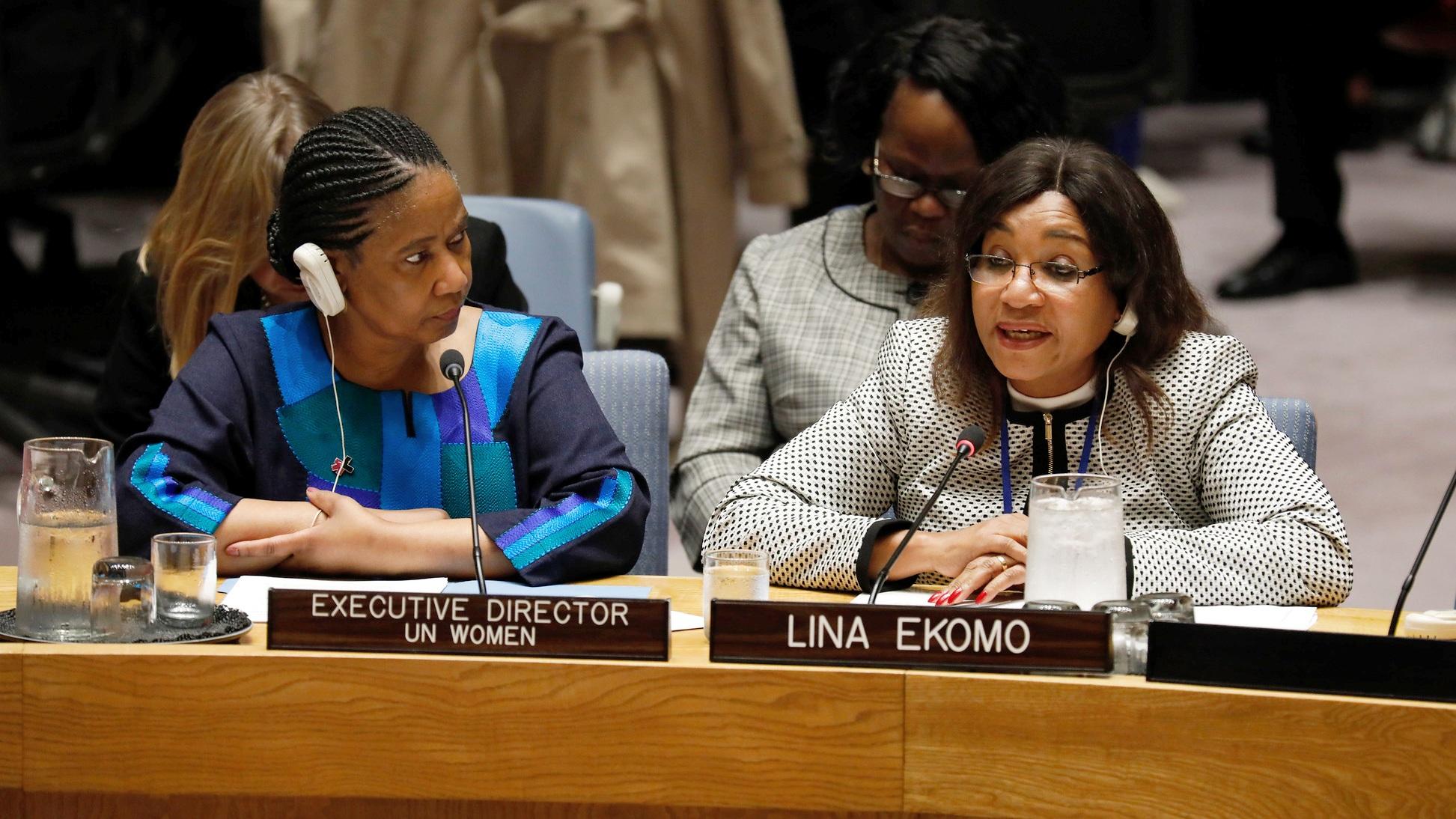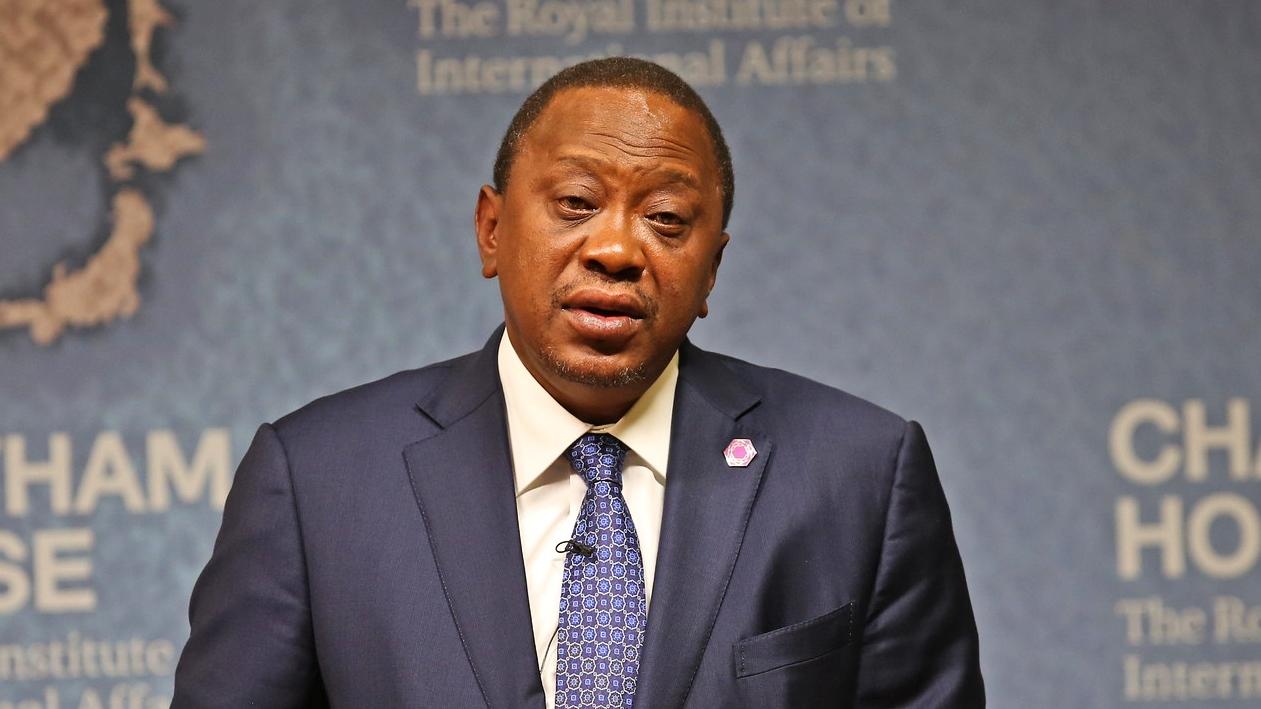William Ackah calls The African Diaspora: Slavery, Modernity and Globalization by Toyin Falola a rich and engaging work.
The migration of African people and its impact on the politics, economics, religions and cultures of the places to which they migrated and the places they left behind are the major themes of an important work The African Diaspora: Slavery Modernity and Globalization by Professor Toyin Falola of University of Texas. Falola, a prolific and distinguished Nigeria-born academic based in the US, is well placed to assess the significance of the forced and voluntary migration of African people and its importance to our understanding of African and global cultures in the 21st century. The plight of African migrants in Calais and the dehumanising treatment they are receiving is also a salient reminder that the migration of Africans both historically and in the current era is an uncomfortable British as well as global reality.
Falola uses the concepts of old and new diaspora to distinguish between two specific migrations of African people. Old referring to the millions of Africans that were forcibly removed from their homelands and taken across the Atlantic to the Americas from the fifteenth century to the nineteenth century; the era of transatlantic enslavement. New refers to Africans who have migrated to the ‘West’ in the ‘post-colonial’ period for employment, education and business opportunities.
Falola focuses on slavery, migration and contacts to frame the contexts in which the old and new diasporas emerged. He sees them as separate units of analysis but argues that they are linked by the experiences of racism, exploitation and the responses to these processes. He argues that this paves the way for an understanding of an African diaspora experience that is tied to Africa and black culture and identity.
The generation of knowledge about Africa and the African diaspora has equally been influenced by issues of slavery, race exploitation and domination. There is an intellectual coherence to the study of Africa and blackness as units of identity, space and boundaries…..This book reflects the unity made possible by the historical circumstances that connect Africa with the places where Africans have migrated (Falola: 2013, P3)
In developing his argument that Africa and its diasporas need to reconnect Falola covers a lot of territory. He discusses the Amistad rebellion of 1839 and its significance for Africans being able to tell the story of their own liberation. He has a chapter on the significance of the Nollywood film industry and illustrates that it is a modern form of storytelling to transmit African ideas and identities across the world. He has a discussion on education and the need for studies of Africa and African diaspora to move from the periphery of knowledge production to the centre. Falola argues that Africans lack power and that education does provide a potential means for Africans to attain power to influence global knowledge production and the global economy for positive ends.

The best and most detailed aspects of the book stem from Falola’s discussion of the impact of Yoruba culture on African and global culture. He outlines how Yoruba culture has infused religious and cultural practices in the Americas from Brazil to Haiti. He shows how Yoruba traditions inspired slave rebellion and revolt in the Americas and how they have survived and developed through music, dance, and ritual. He also creatively explores how these traditions have changed and evolved in different geographic settings to create new forms of Yoruba identity and identification
Thus, in speaking of the Yoruba, there can be no single story or single definition, nor even an attempt to construct and impose a pure identity onto others in far flung places such as Rio de Janeiro in Brazil and Birmingham in England. (Falola: 125-6)
This sentiment is beautifully illustrated in the discussion and presentation of the work of Dr Aderonke Adesanya whose evocative paintings which are featured in the text draws on Yoruba religious traditions but also touch on issues of gender, politics and identity in the contemporary sphere. Falola is able to illustrate to good effect both the diversity of contemporary African diaspora experience and its ongoing connection with the affairs of the continent via modern forms of communication such as internet forums and blogs.
The work is less successful in its exploration of the complexities of the African American experience and its relationship to Africa and the wider diaspora. For example there is no discussion of African American hip hop which has had a major impact on the African and African diaspora experience, both old and new. The Harlem Renaissance and Negritude in the arts and the ideas of DuBois and Garvey, key protagonists of Pan-African thought, are analysed but the work could benefit from a deeper engagement with issues of gender, sexual orientation, and other markers of identity in the post-modern era that are complicating the idea of a renewed Pan-African relationship between Africa and the old and new diasporas. These complexities were evident in the reception that President Obama’s received in Africa on his recent visit. His African diaspora heritage did not prevent African leaders from telling the US President that he should not lecture them on their moral and cultural values. It would have been useful to have seen a discussion of these fault lines as they exist across African descendent communities globally and how they might be resolved going forward.
Overall this is a rich and engaging work that should be read and discussed by all interested in how lessons from Africa’s past and present connects to the future of African and other diaspora communities across the globe.
The African Diaspora: Slavery, Modernity and Globalization by Toyin Falola University of Rochester Press, 2013.
Dr William Ackah is Lecturer in Community and Voluntary Sector Studies at Birkbeck, University of London.
The views expressed in this post are those of the authors and in no way reflect those of the Africa at LSE blog or the London School of Economics and Political Science.






